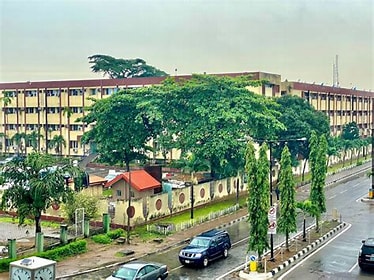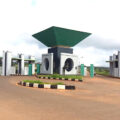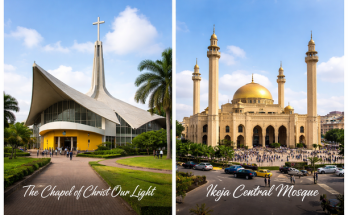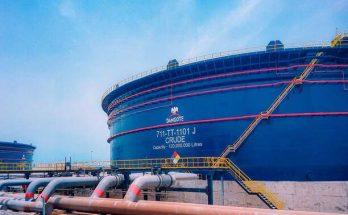By Bababunmi Agbebi
Alausa to many, is just a district in Ikeja, the capital of Lagos State. But for those who follow the pulse of Nigerian governance, Alausa is far more than geography; it is the political and administrative epicenter of Nigeria’s most populous and economically vital state. From its offices echo the decisions that ripple across the state’s 20 local governments and 37 local council development areas, shaping the lives of over 20 million residents.
Home to the Lagos State Government Secretariat and the Governor’s Office, Alausa is where power speaks fluently in memos, policies, and executive directives. It is here that budget drafts are scrutinized, urban renewal plans are born, and sweeping transportation policies are greenlit.
Tobiloba Adelabu, a policy analyst describes Alausa as “a blend of bureaucracy and ambition.”
And indeed, the stakes are high. With Lagos contributing approximately 30% to Nigeria’s GDP, the decisions taken in Alausa extend beyond state lines, influencing national discourse on decentralization, urban management, and fiscal autonomy.
One of the most potent instruments of governance in Alausa is the Lagos State budget. In 2025, the state passed a record ₦2.2 trillion budget, the largest in its history with significant allocations to infrastructure, education, and healthcare.
Critics and advocates alike agree that the budget reflects both the ambition and the constraints of a state that must balance mega-city aspirations with ground realities.
Perhaps the most enduring question about Alausa is this: how connected is it to the people it governs?
Over the years, Lagos has made strides in citizen engagement, from the Lagos State Residents Registration Agency (LASRRA) to town hall meetings with the governor. But the challenge remains scale and consistency. With millions of residents and vast disparities in income and infrastructure, Alausa must govern with both reach and empathy.
As Lagos marches toward becoming a ‘Smart Mega City,’ Alausa must evolve not just as a seat of power, but as a hub of innovation, accountability, and inclusiveness. The path is complex: balancing economic growth with social equity, technology with tradition, and ambition with access.
But one thing is certain, whether through sweeping policy reforms, infrastructure investments, or civic engagement initiatives, Alausa will remain the heartbeat of Lagos politics.









This article provides a fascinating glimpse into the complex dynamics of Lagos governance. Alausas role as a hub of decision-making is highlighted, but the question of genuine connection with the people remains central. The blend of ambition and constraints feels authentic, reflecting the challenges of managing Nigerias megacity.
Wow, it’s so interesting how Alausa isn’t just a place but really the heart of governance in Lagos. Gotta love the mix of ambition and the need to stay in touch with the people—it’s a tough balancing act, for sure.